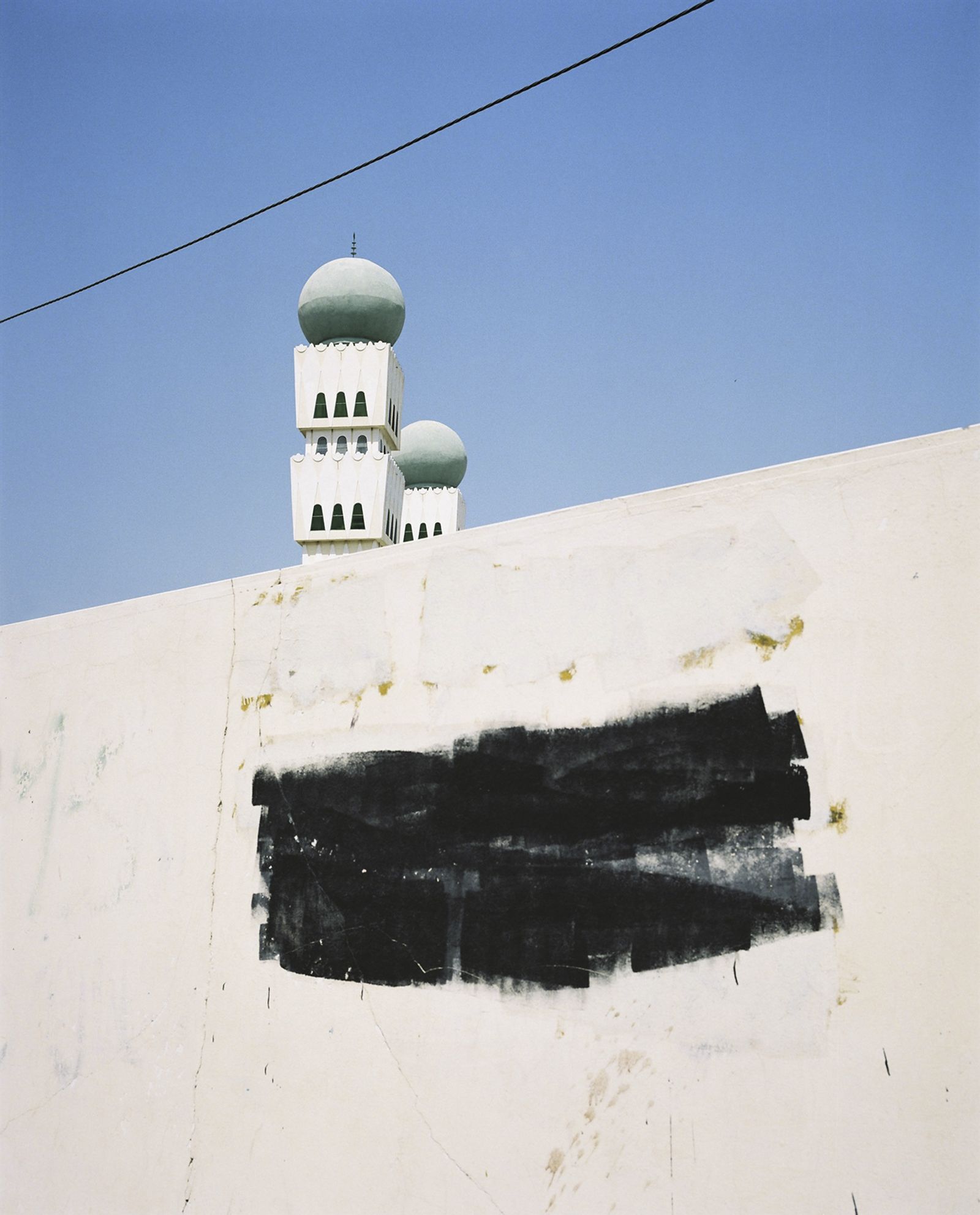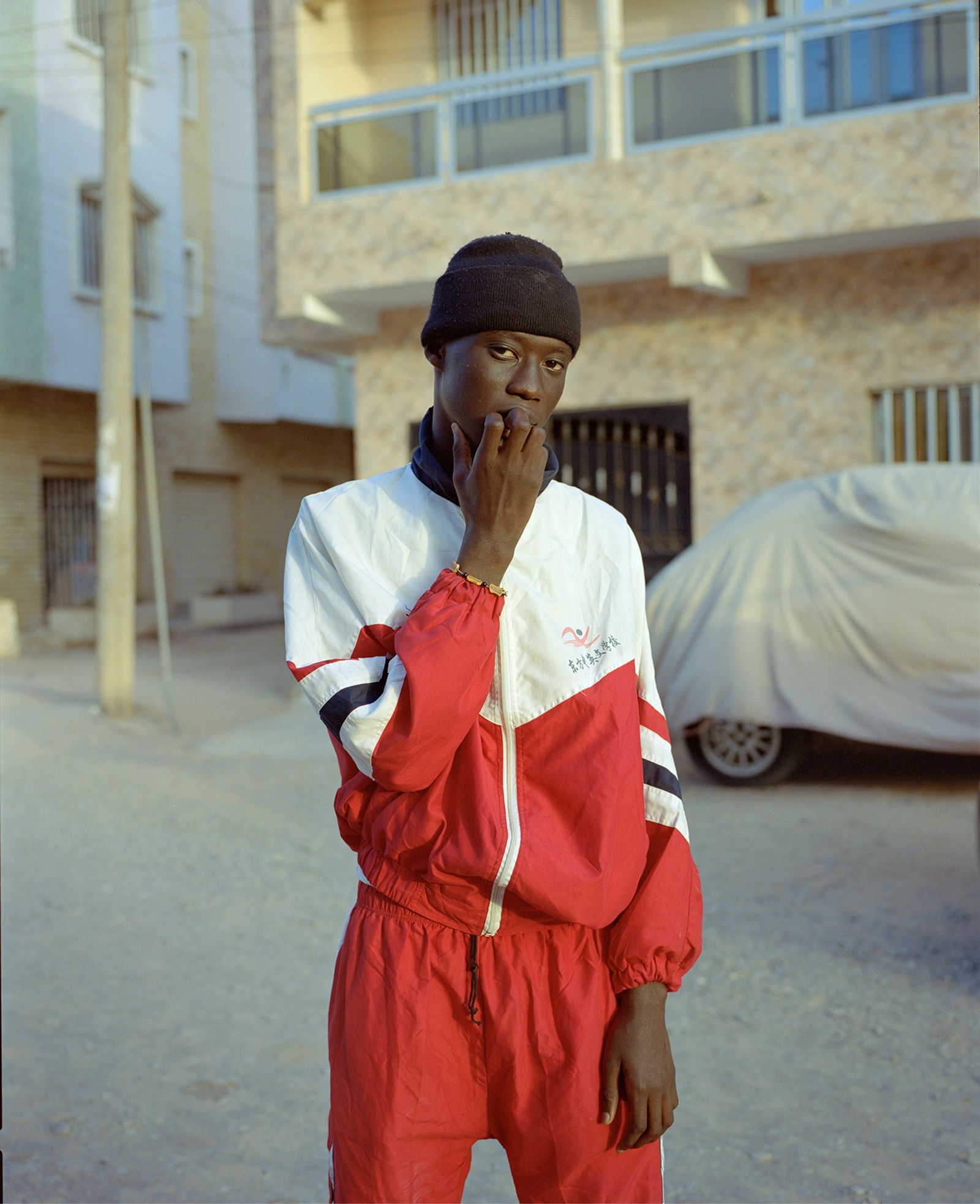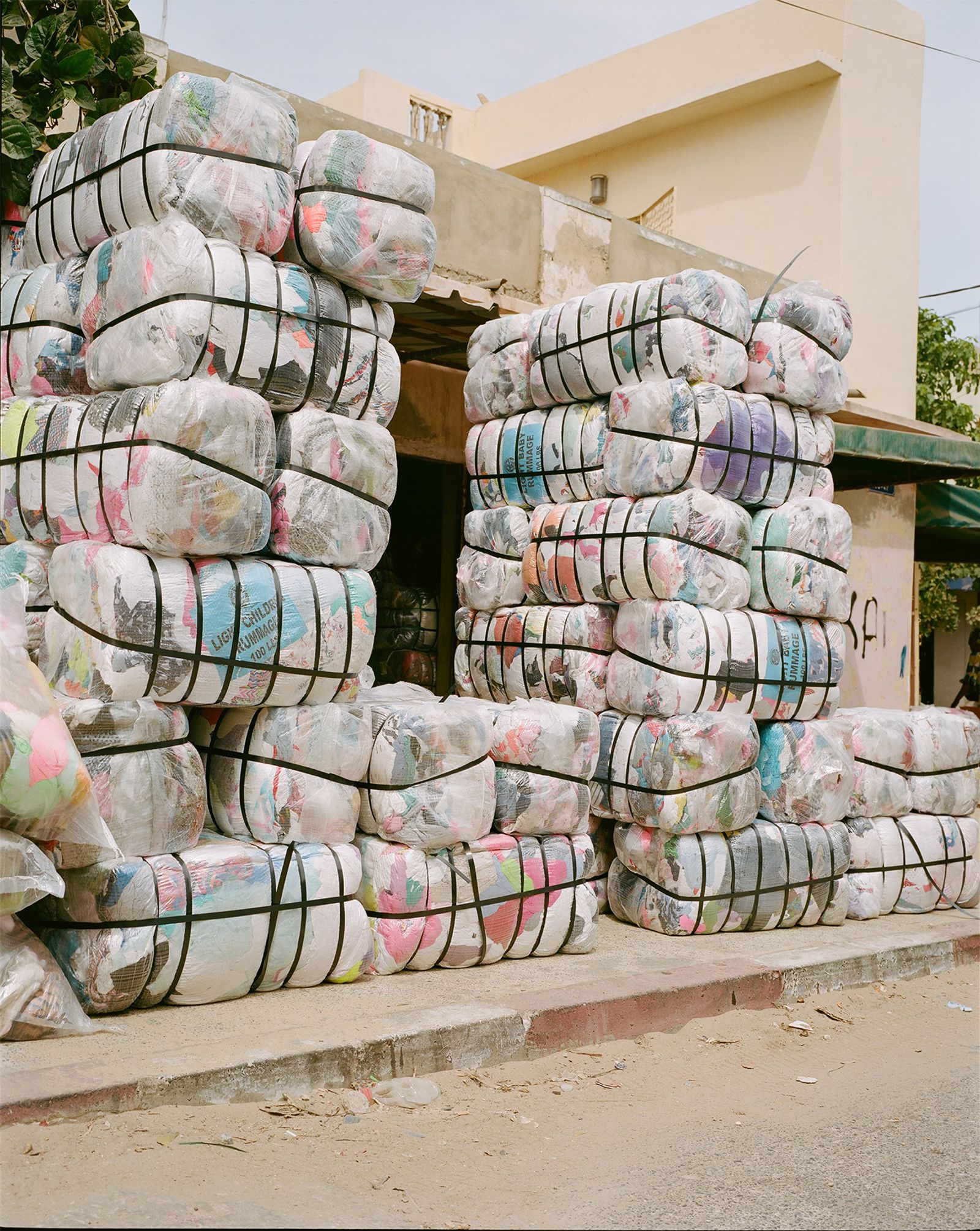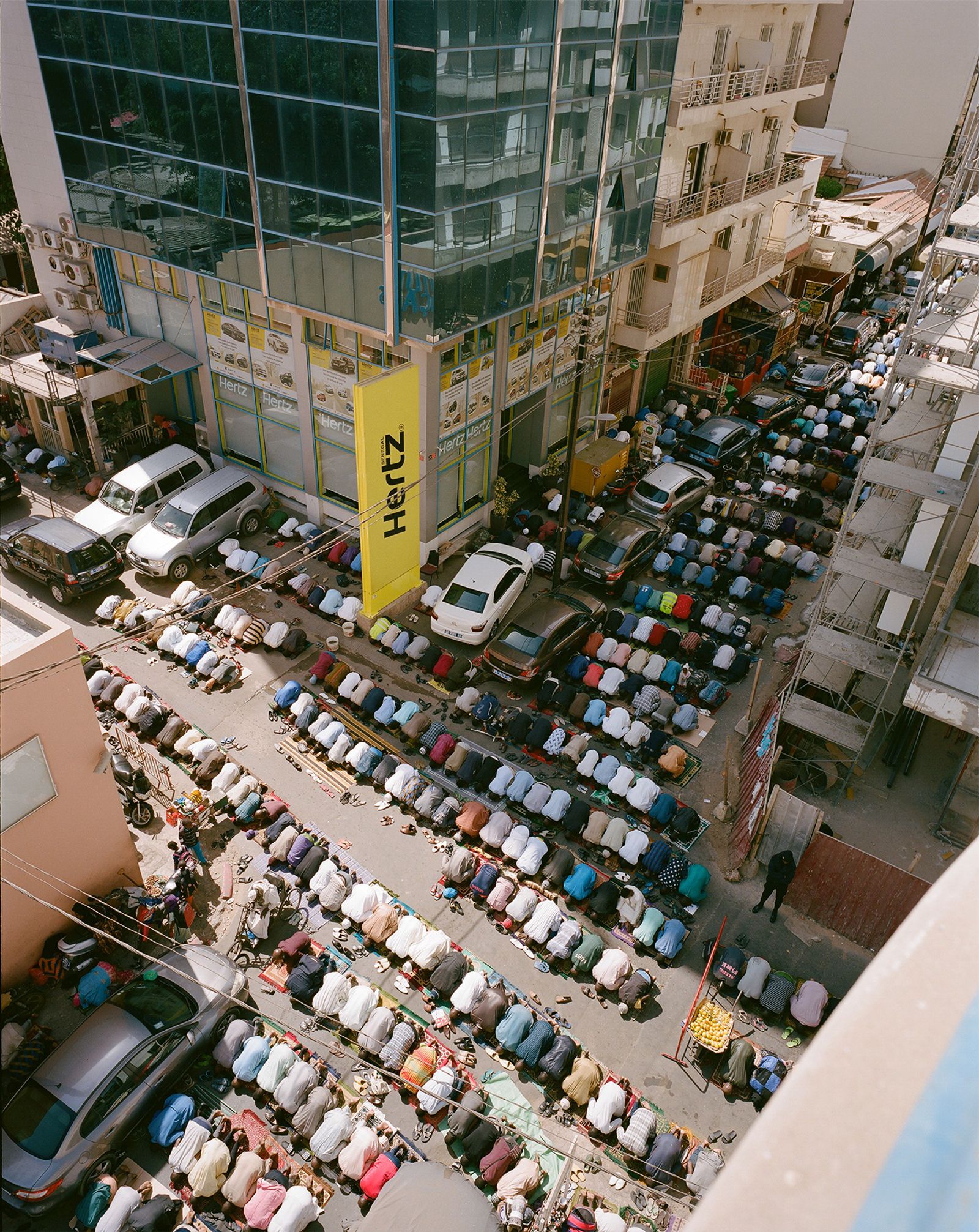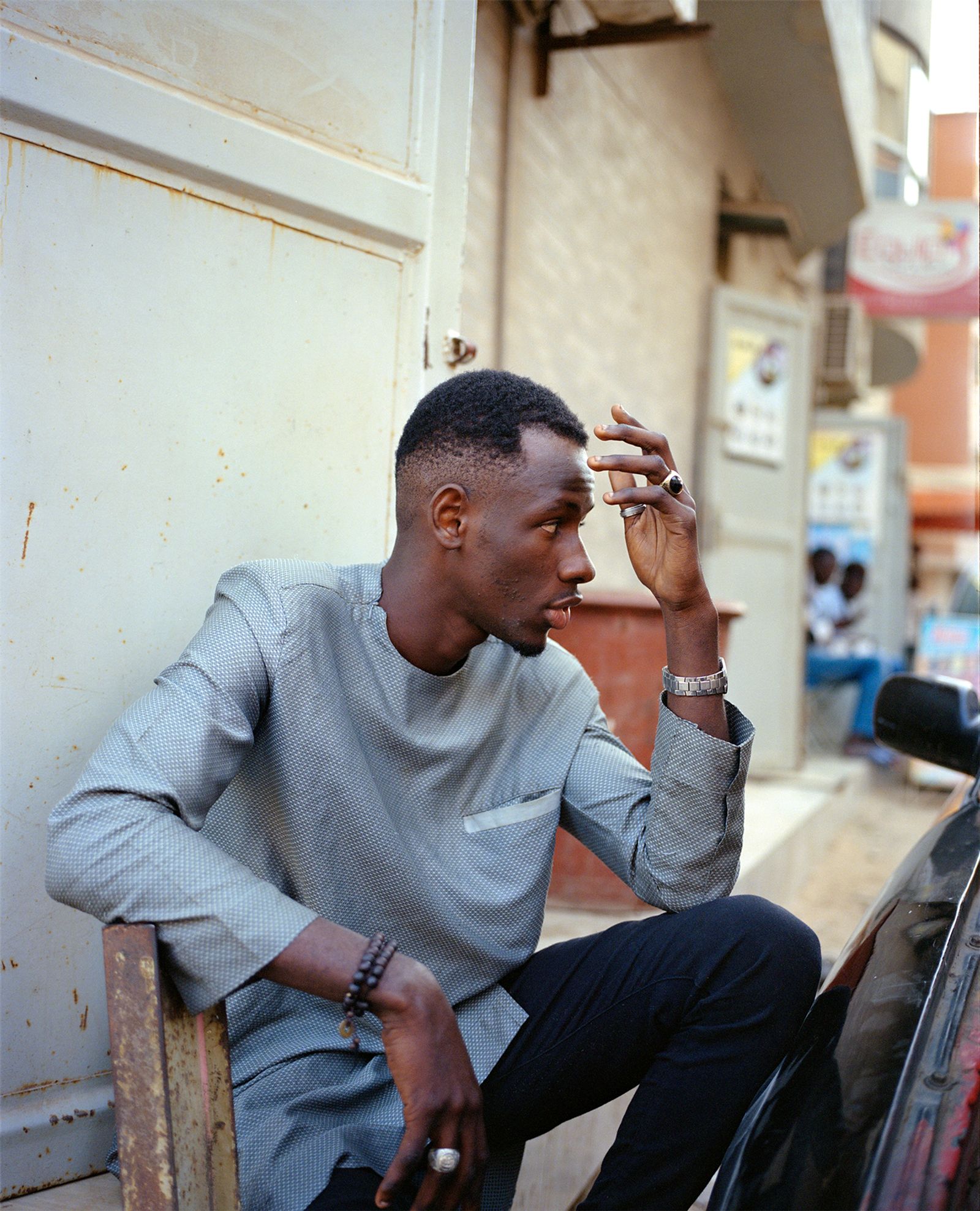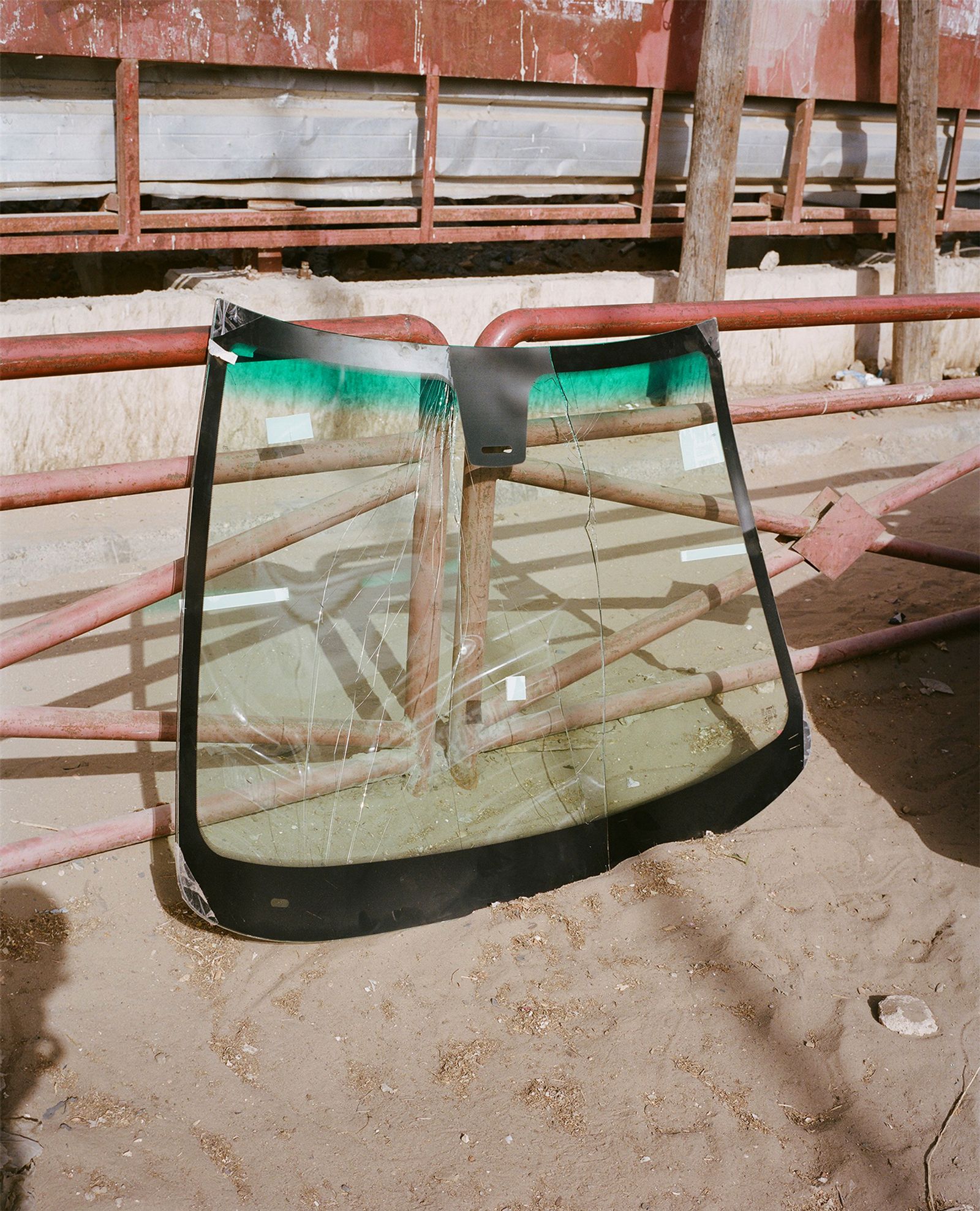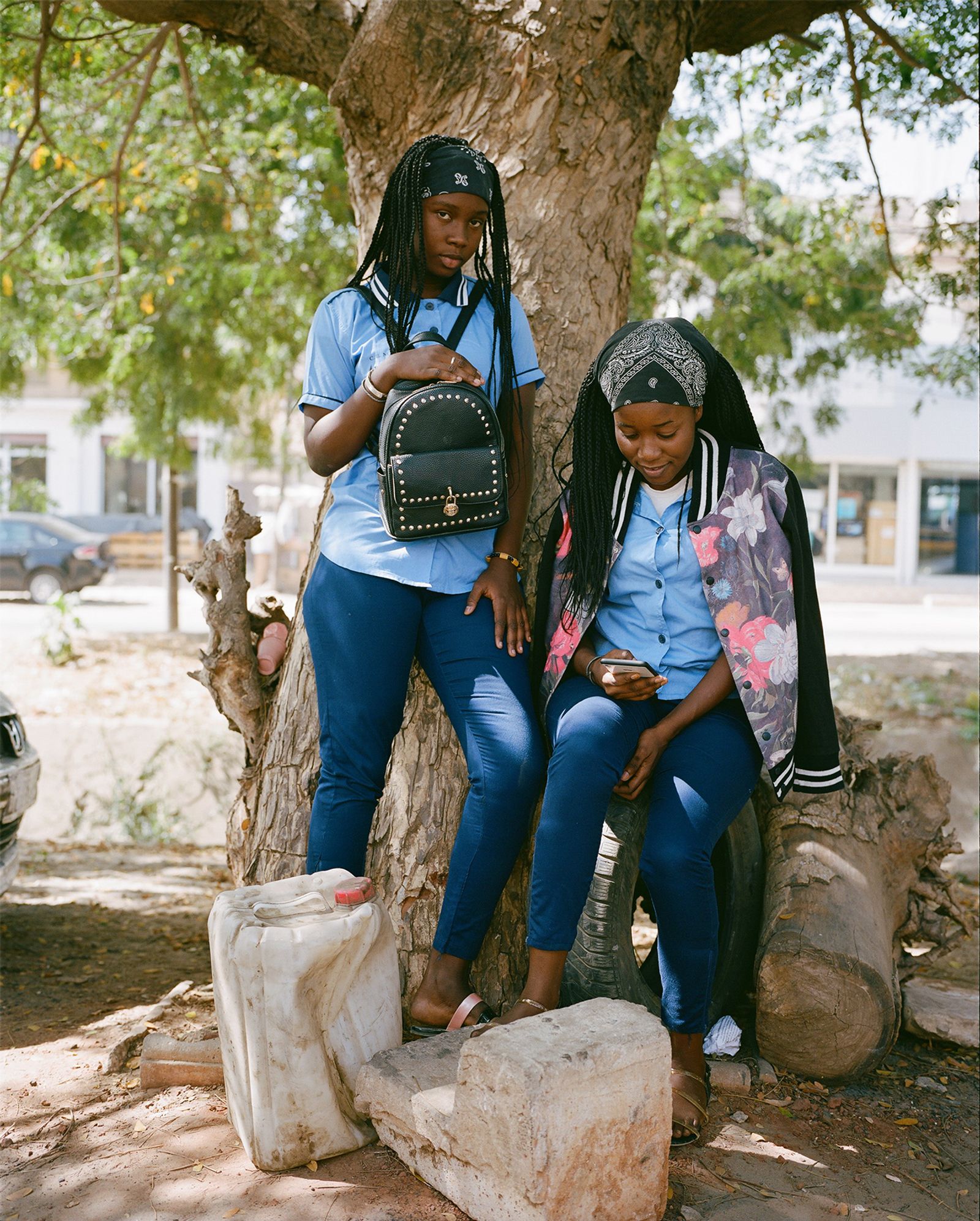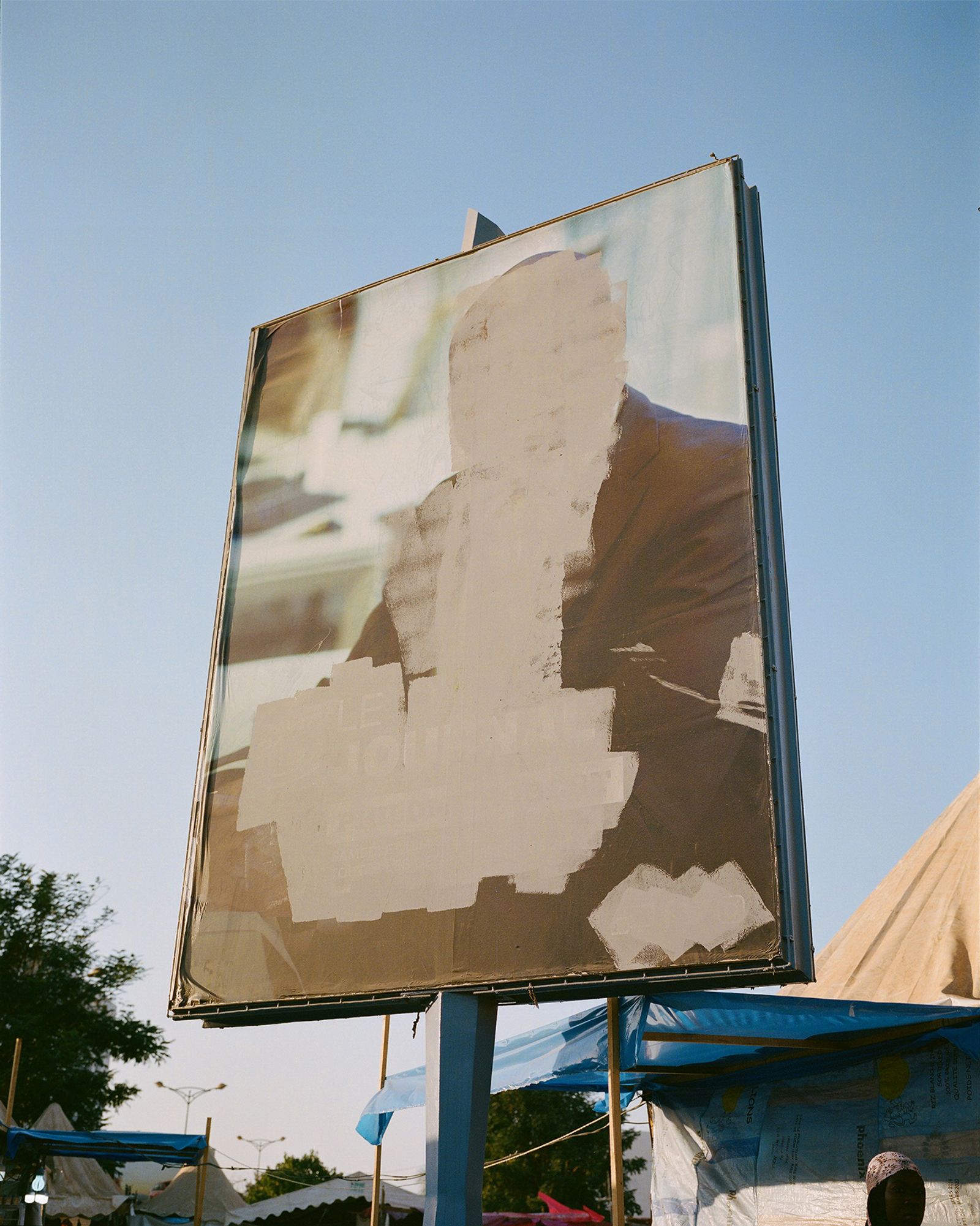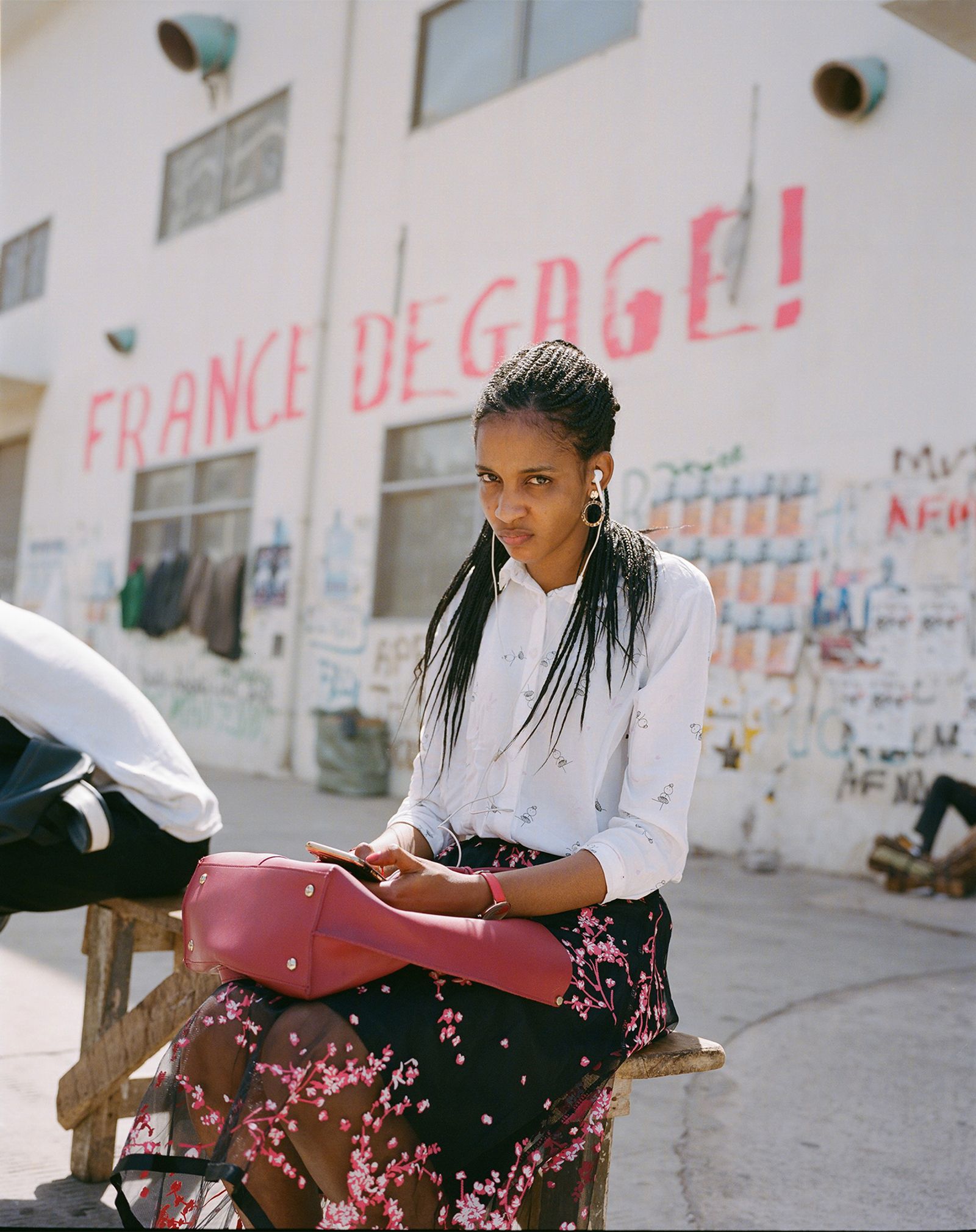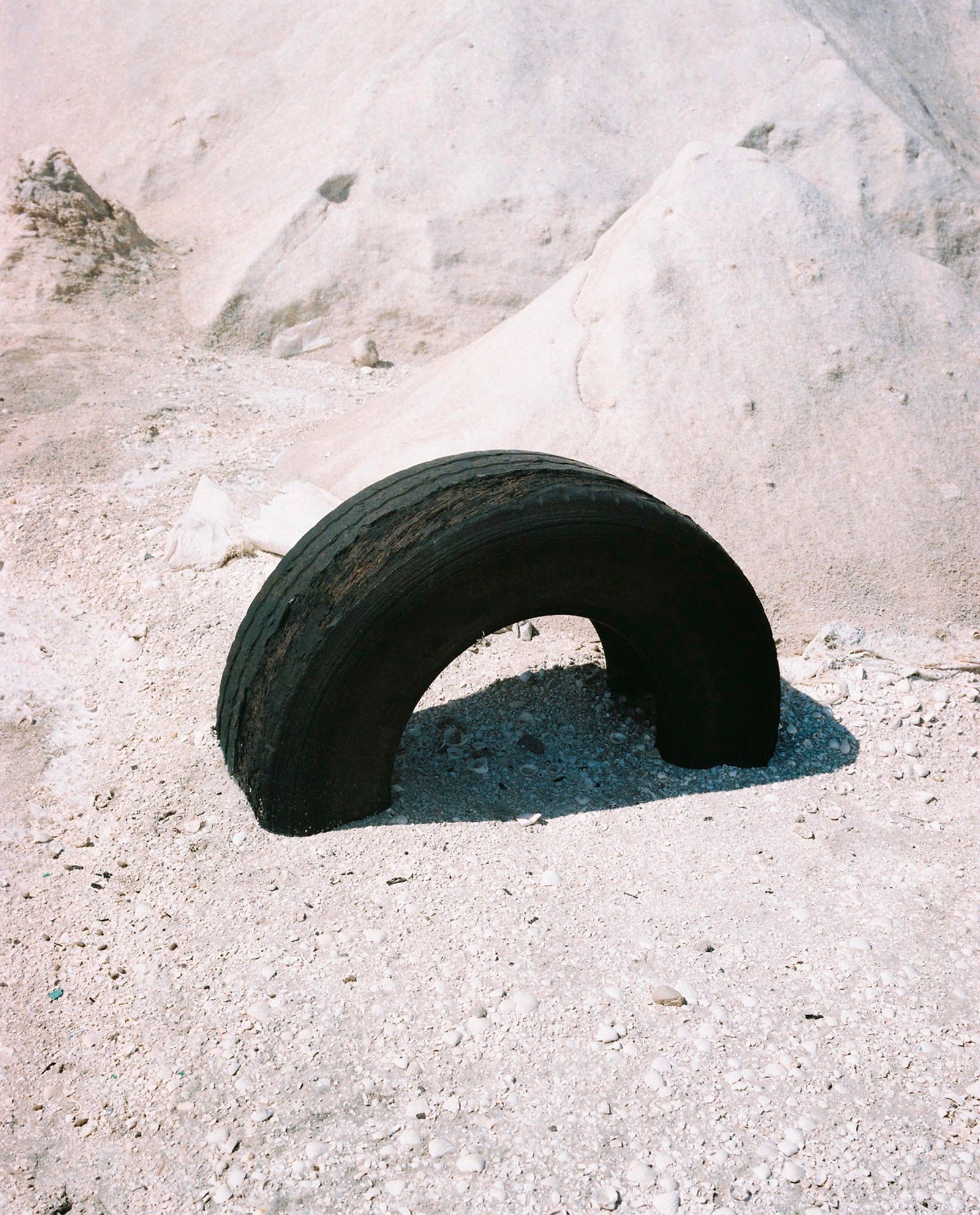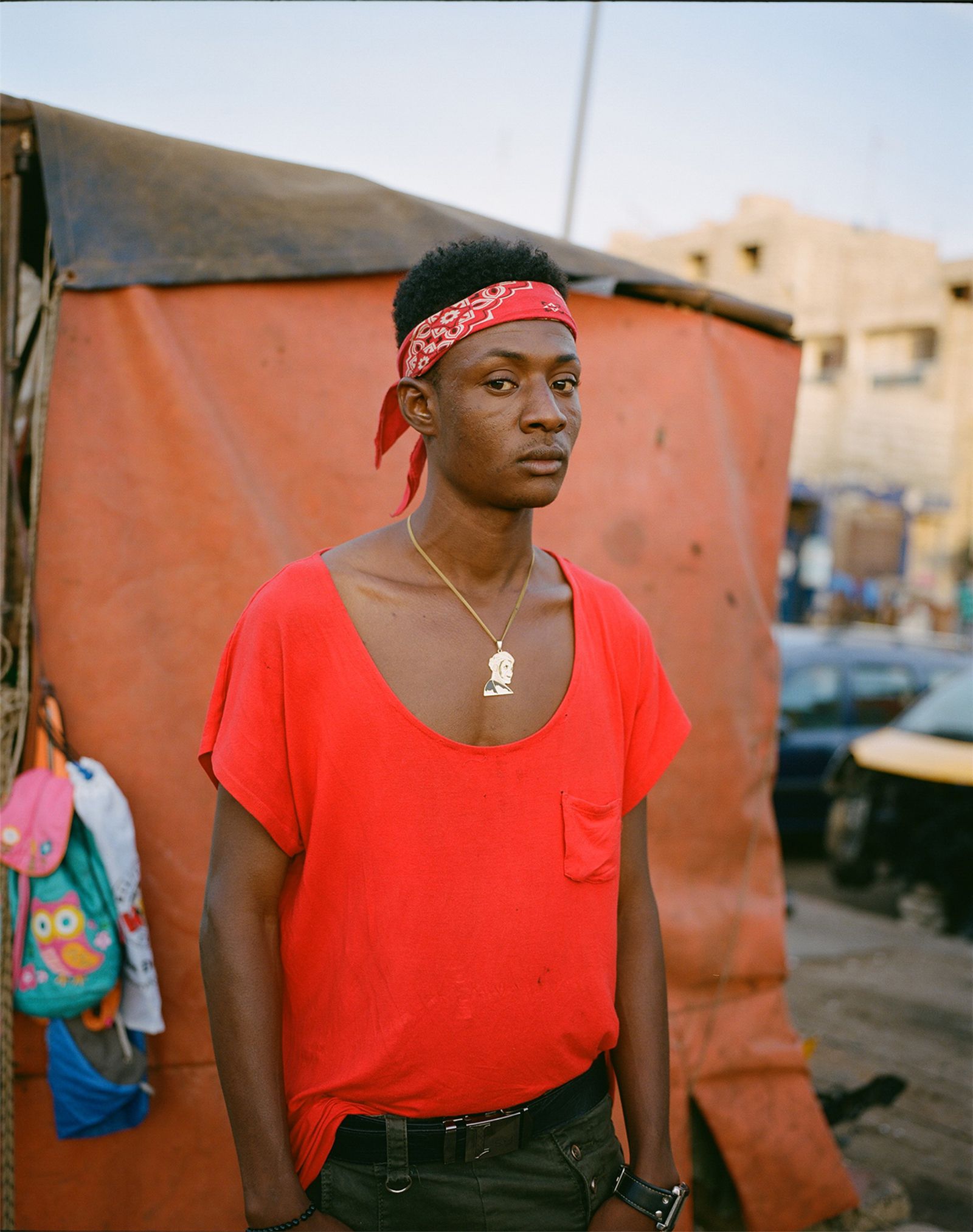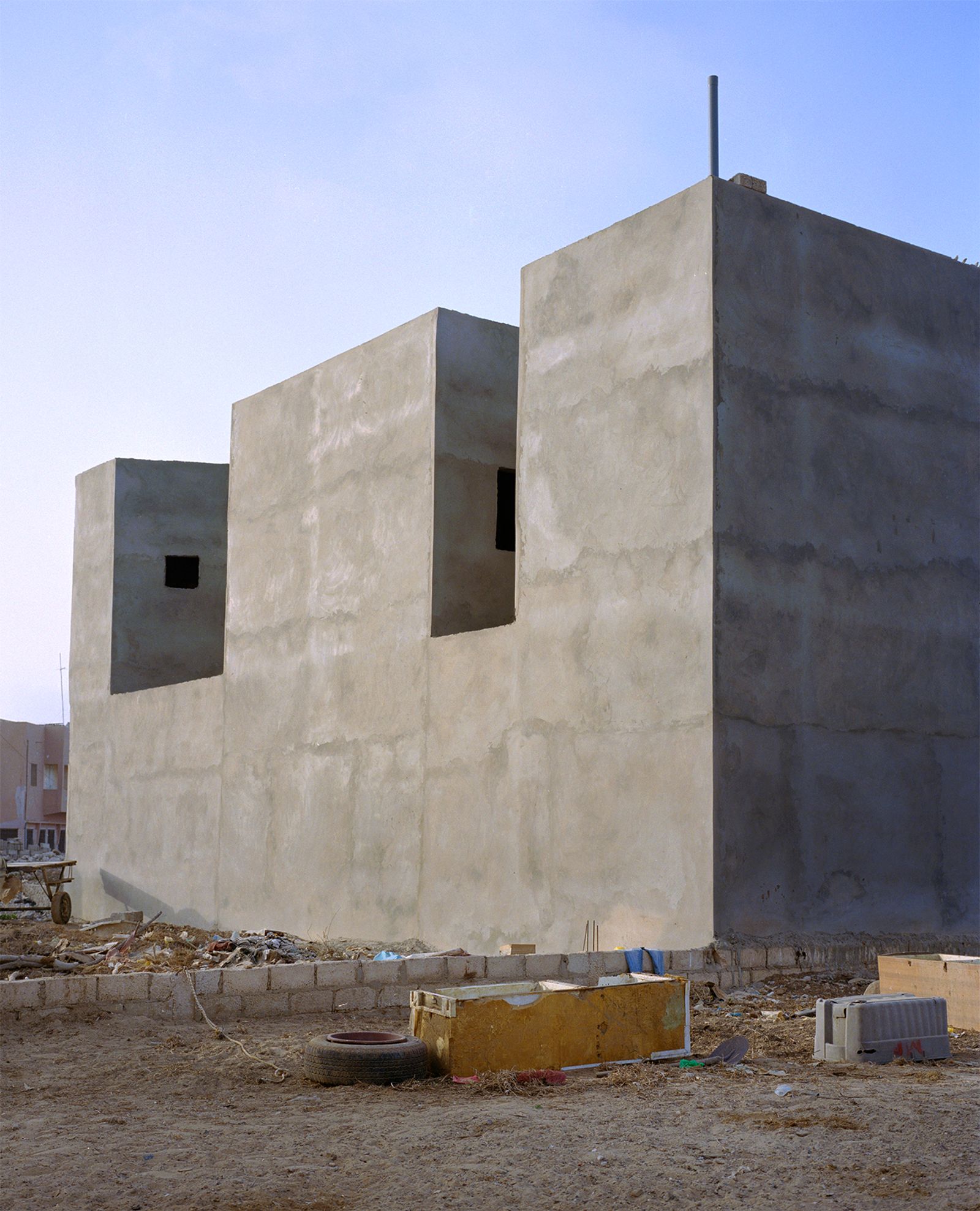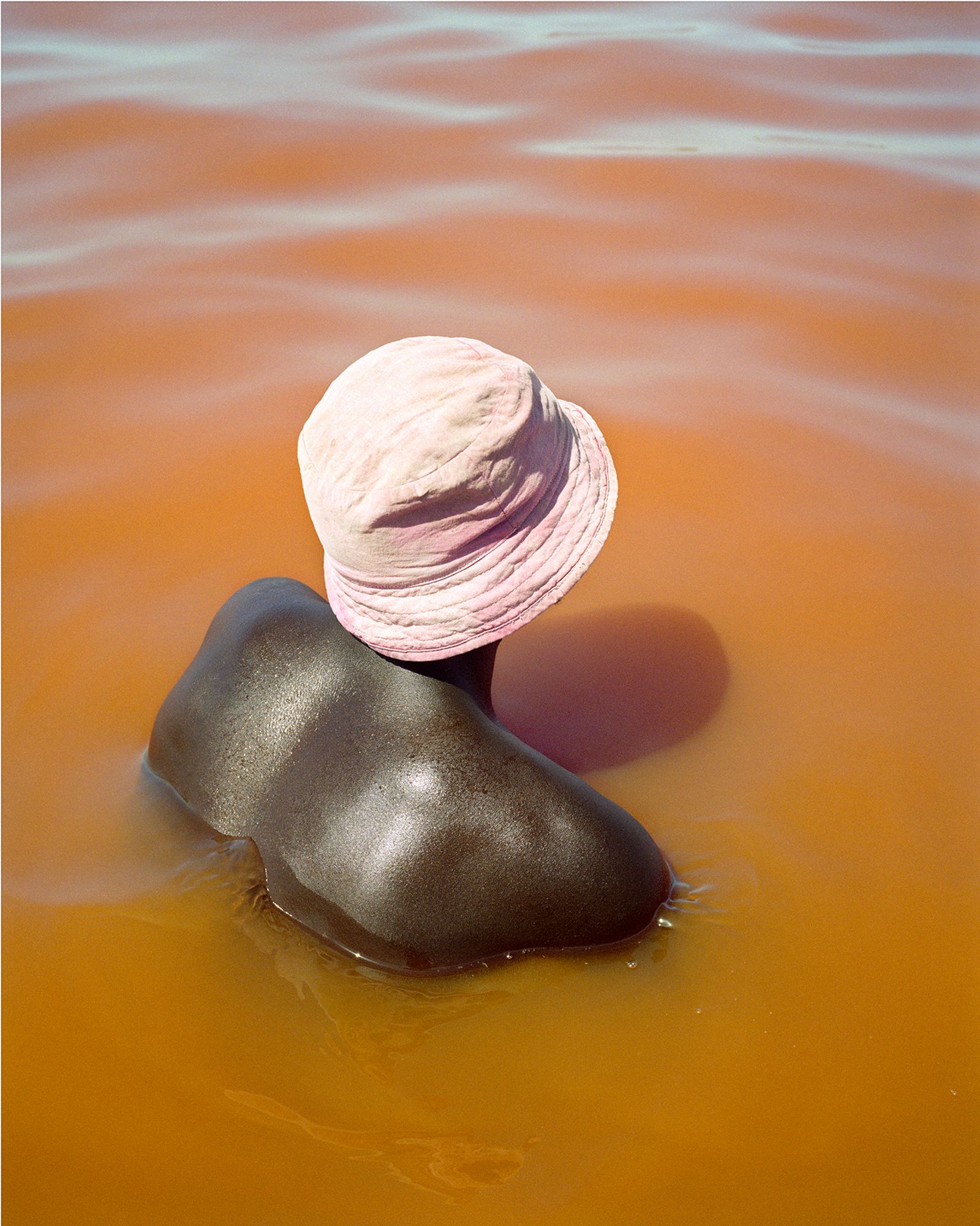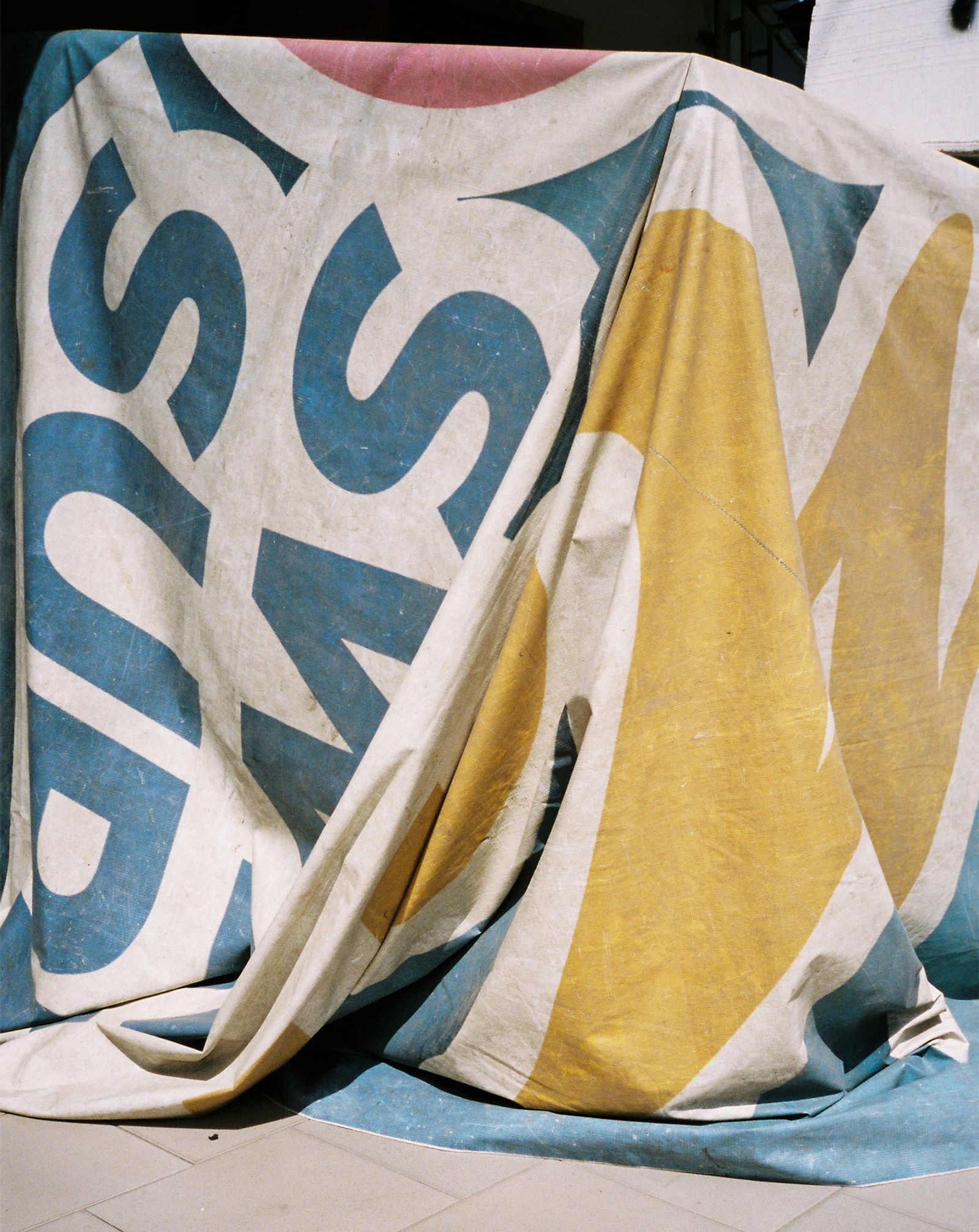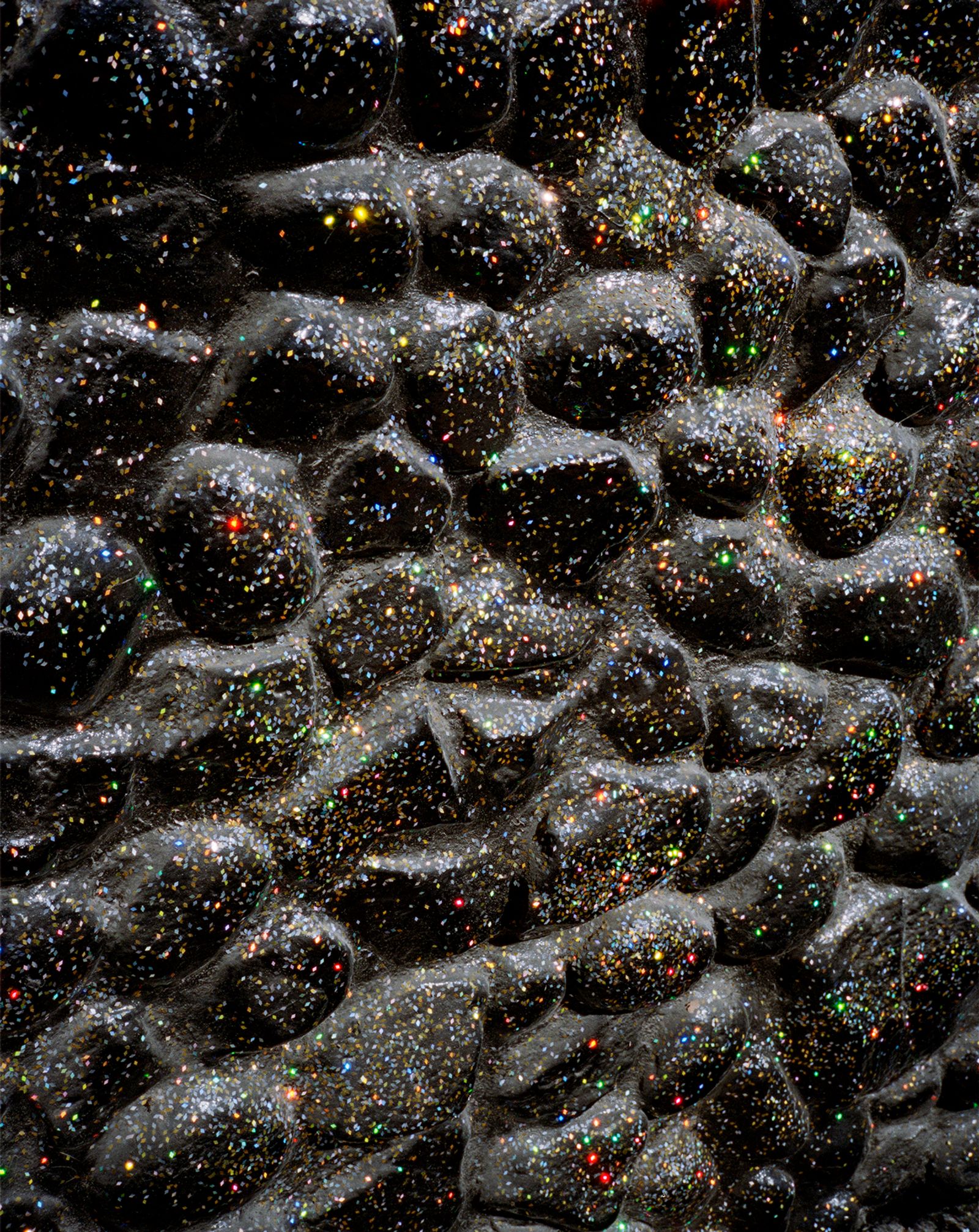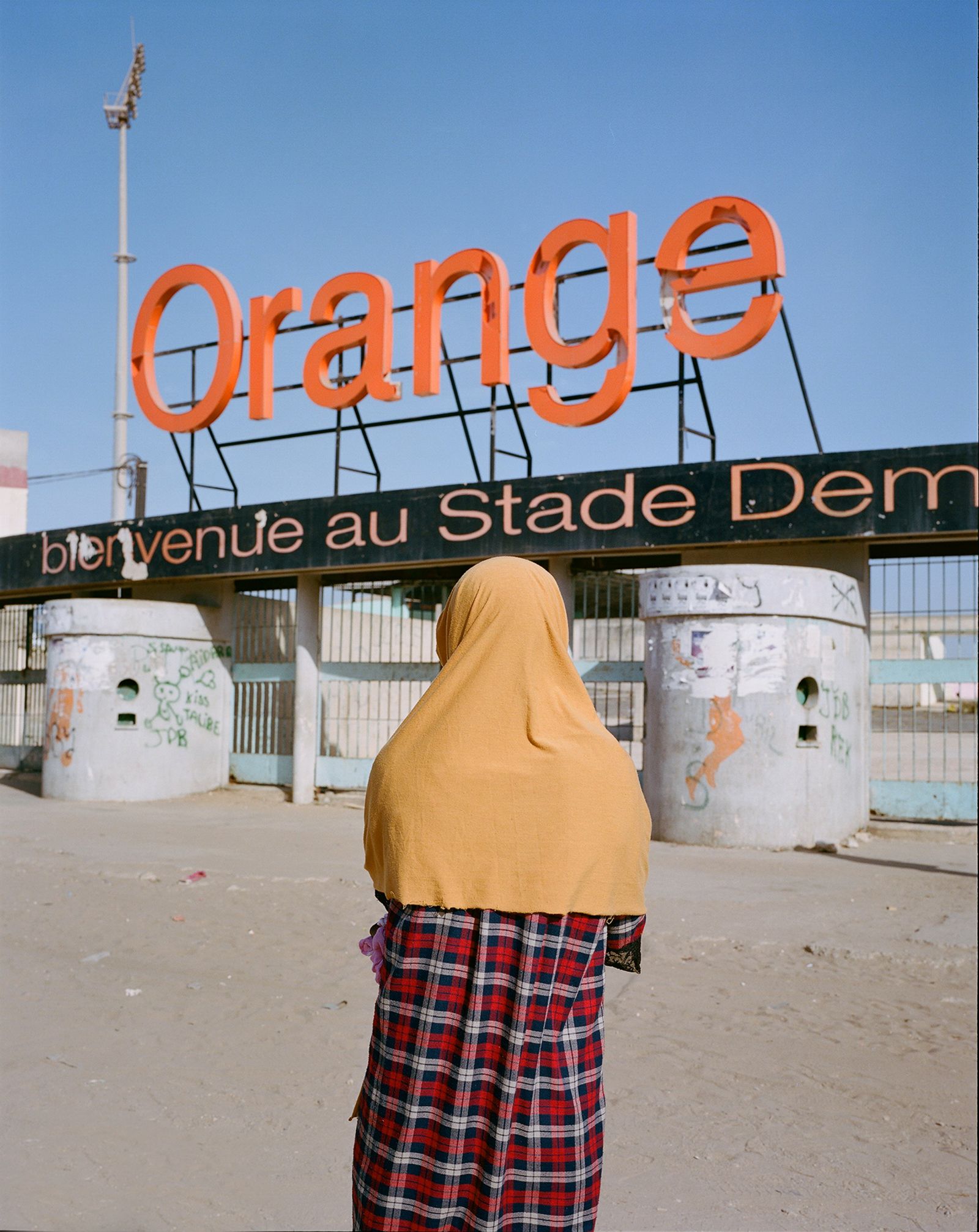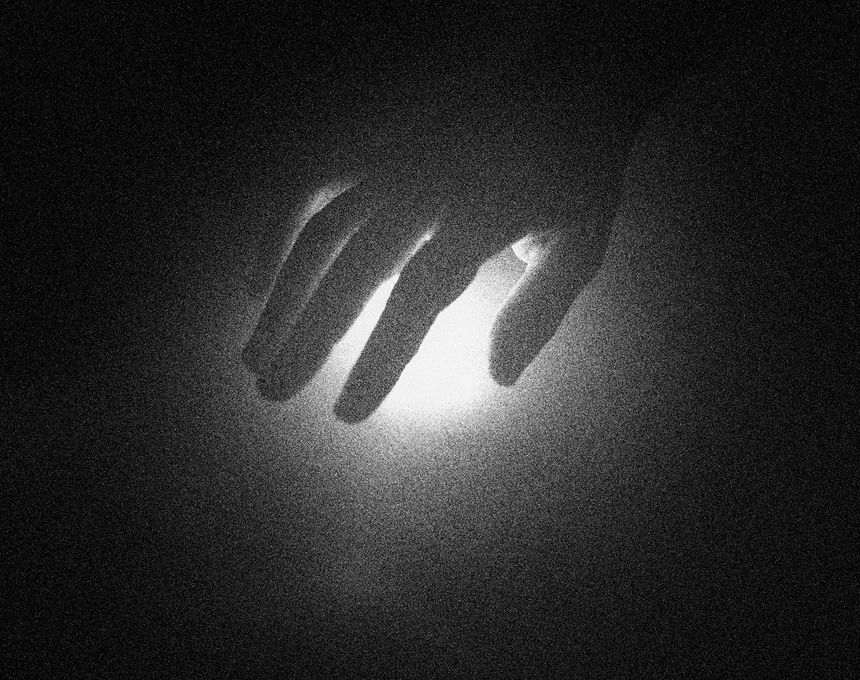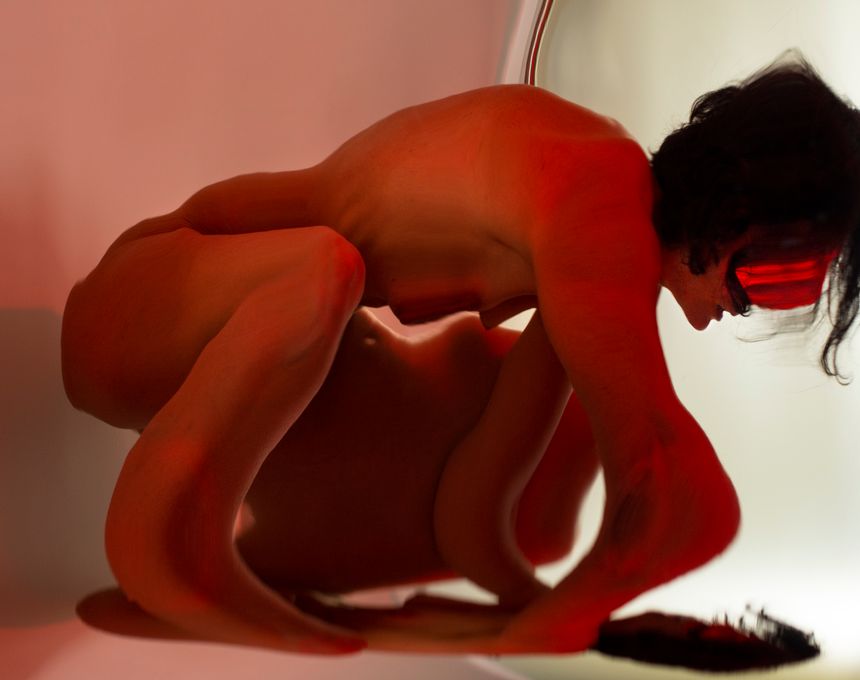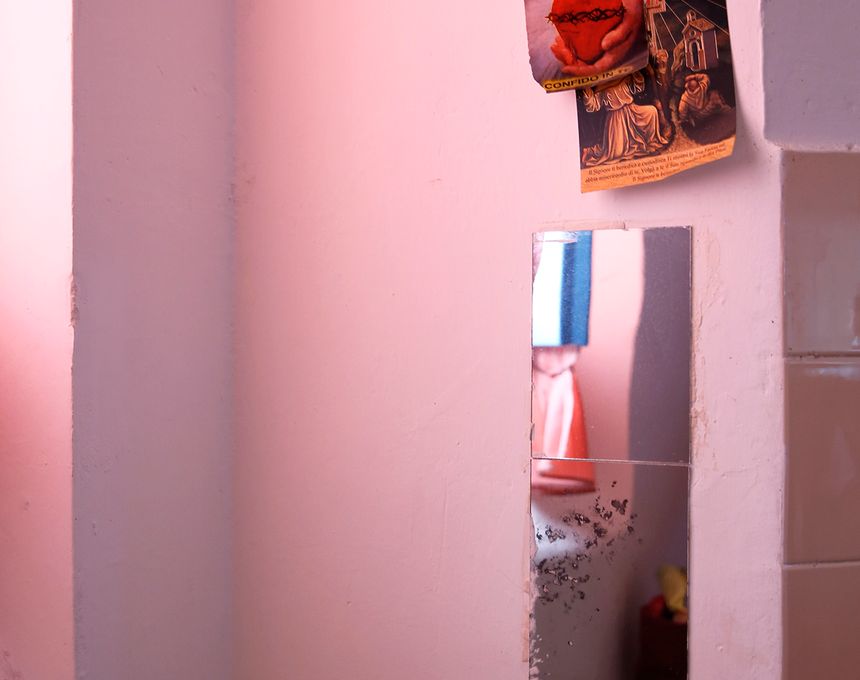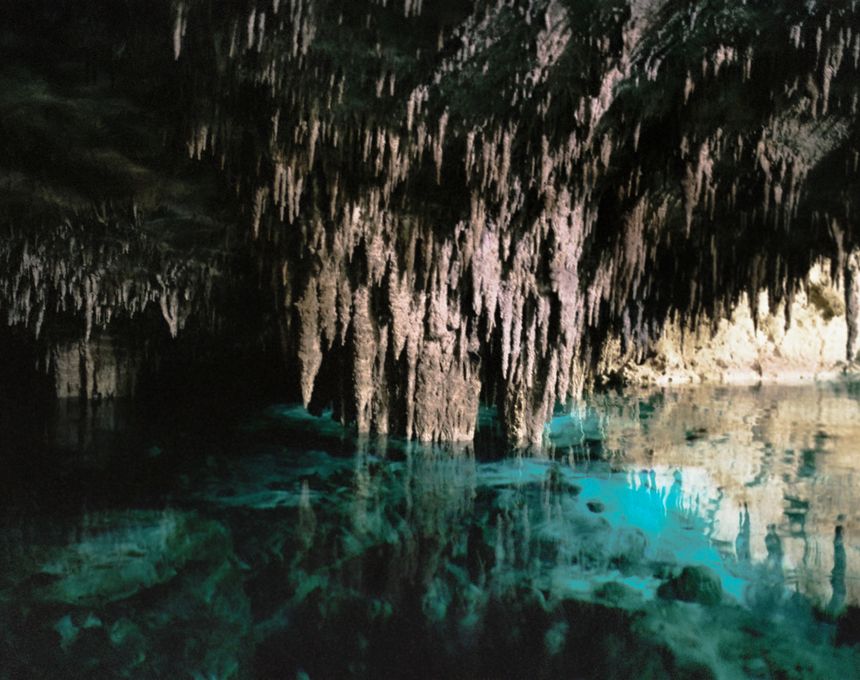Praise the Lord
-
Dates2018 - Ongoing
-
Author
This series examines Dakar through the prism of consumer capitalism. It presents us with an index of objects, portraits, architectures and surfaces - each captured within the same visual language. It is the language of commerce: clean, graphic, seductive. It is the language of globalisation.
By presenting his subjects in this way, Pujalte’s intention is specific. He frames Dakar through the lens of consumerism in order to locate the city within a specific geo-economic history: global commerce.
Dakar is a natural port. It is a peninsula that juts out of West Africa. Thanks to its geological form, the West African city has been a hub of global trade since the Fifteenth Century. No sooner had European settlers arrived than trading posts were established. Bilateral flows of goods began crossing the Atlantic: wool, copper and pearls in one direction, gold and slaves in the other. In little time, Dakar became an axis in the new global economic order.
This commercial history offers the backdrop to Pujalte’s images. He presents us with an alphabet of corporate logotypes, fashion brands, luxury cars and designer watches. But while the presence of Western symbols hardly ruffles the expectations of our Occidental consumer gaze, there is something faintly destabilising about them. The logos are familiar, but somehow estranged. The compositions are seductive, but ever-so-slightly distorted. The European viewer is presented with the world that Pujalte finds in Dakar: a world that is almost recognisable - almost containable - but not quite. His lens struggles to frame this reality. In doing so, it reproduces the fiction of marketing communications. It reminds us of the lengths that marketing executives must go in order to maintain their brand values intact, as they reach across unfamiliar globalised territories.
As such, we might read these photographs as a performance of Pujalte’s own positionality. As a performance of his own Occidental gaze as it attempts to capture the complexities of a sub-Saharan city. Inflected by the visual language of consumerism, these photographs naturally appeal to the Western viewer. However they are steeped in a post-colonial paradox: the more we examine them, the harder they become to consume.
Jeremy Hutchison.
